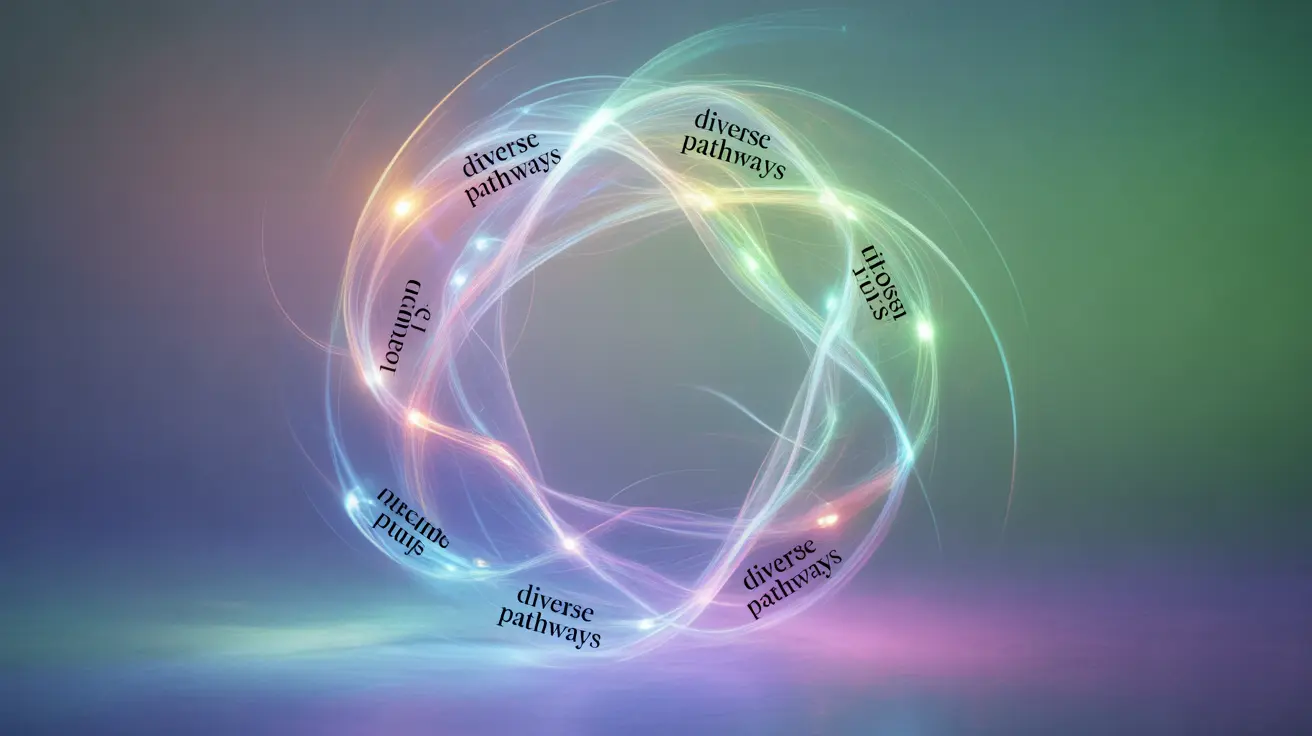Autism fixations, also known as special interests or intense focuses, are a common characteristic of autism spectrum disorder (ASD). These fixations represent deep, passionate interests that go beyond typical hobbies or preferences, often becoming central to an autistic individual's daily life and thought processes.
While everyone can develop strong interests in specific topics or activities, autism fixations are distinct in their intensity, persistence, and the role they play in an autistic person's life. Understanding these fixations is crucial for parents, caregivers, and healthcare providers to better support individuals with autism.
Characteristics of Autism Fixations
Autism fixations typically demonstrate several unique qualities that set them apart from regular interests or hobbies. These fixations often involve an exceptional depth of knowledge, intense focus, and dedication to learning everything possible about the subject matter.
Intensity and Duration
Unlike casual interests, autism fixations are characterized by their overwhelming intensity and can persist for extended periods. Some individuals maintain the same fixation for years or even decades, while others may cycle through different interests over time.
Detail-Oriented Focus
People with autism often display remarkable attention to detail within their areas of fixation. They may memorize extensive facts, dates, or specifications related to their interest, demonstrating an exceptional capacity for retaining specific information.
Common Types of Autism Fixations
Academic and Intellectual Interests
Many individuals with autism develop fixations on academic subjects such as mathematics, astronomy, or specific historical periods. These interests often involve complex systems, patterns, or detailed categorization.
Creative and Artistic Pursuits
Artistic expressions, music, drawing, or animation can become powerful fixations. Many autistic individuals channel their intense focus into creating detailed artwork or mastering musical instruments.
Technology and Gaming
Contemporary autism fixations frequently center around technology, including video games, computer programming, or specific software applications. These interests can lead to valuable skills and potential career paths.
Impact on Daily Life
Positive Effects
Autism fixations can provide numerous benefits, including:
- Development of expertise in specific areas
- Source of comfort and stress relief
- Potential pathway to career opportunities
- Building connections with others who share similar interests
Challenges
While fixations can be beneficial, they may also present challenges:
- Difficulty transitioning between activities
- Limited social interaction outside the area of interest
- Potential interference with daily responsibilities
- Overwhelming focus that may impact sleep or self-care
Supporting Healthy Engagement
Finding balance is key when managing autism fixations. Caregivers and support professionals can help by:
- Incorporating fixations into learning and development
- Setting reasonable boundaries around fixation-related activities
- Using interests as motivation for completing other tasks
- Creating opportunities for social connection through shared interests
Frequently Asked Questions
What is autism fixation and how does it differ from regular intense interests? Autism fixation involves an exceptionally intense, detailed, and persistent focus on specific topics or activities, often accompanied by extensive knowledge gathering and repetitive behaviors. Unlike regular interests, these fixations tend to be more consuming and can significantly impact daily functioning.
How can autism fixations affect daily life and social interactions? Autism fixations can both enhance and challenge daily life. They may provide comfort and expertise but can also limit social interactions and interfere with routine responsibilities if not properly managed.
What are common examples of fixations seen in autistic children and adults? Common fixations include transportation systems, mathematics, specific animals or dinosaurs, technology, music, art, and collecting specific items. These interests often involve systems, patterns, or detailed categorization.
How can parents and caregivers help manage overwhelming autism fixations? Parents and caregivers can help by setting gentle boundaries, incorporating fixations into learning activities, using interests as motivation, and ensuring balanced engagement with other necessary activities.
When should professional help be sought for autism fixations interfering with functioning? Professional help should be sought when fixations significantly disrupt sleep, hygiene, eating habits, or daily responsibilities, or when they cause extreme distress during necessary transitions or interruptions.




